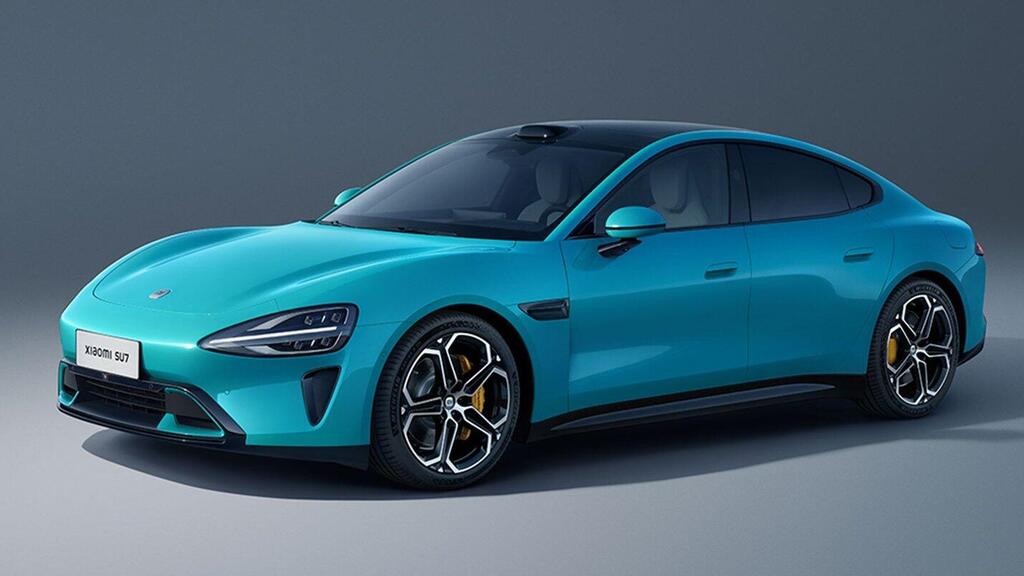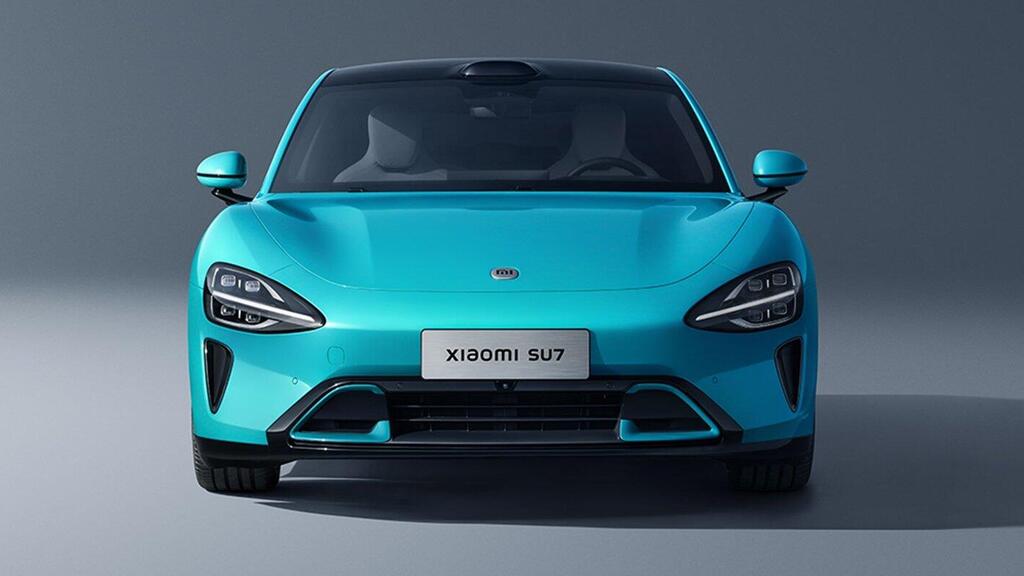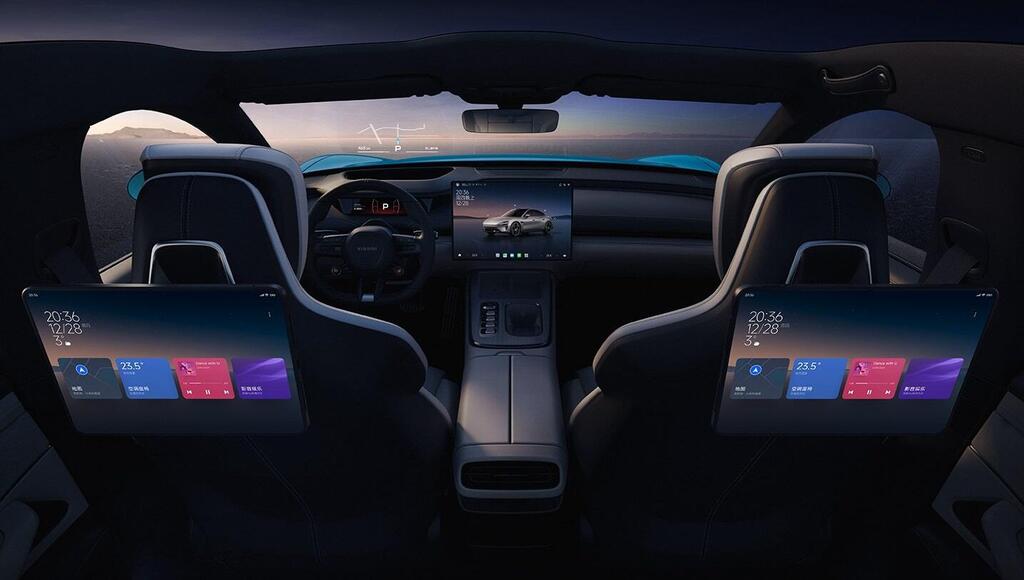Xiaomi, the Chinese telecommunications giant, introduced its first car, the SU7, this week at the Mobile World Congress in Barcelona, rather than at the ongoing Geneva Motor Show.
Read more:
This move suggests that Xiaomi, renowned for its smartphones among other products, feels more at ease in the mobile realm. Initial units are expected to be delivered to customers in the second quarter of this year, starting in China and later in Europe.
As for Israel, there's no local market launch date yet (definitely not before 2025 anyway), but we already have an importer. The coveted distributorship for Xiaomi's intriguing cars went to Hamilton, which markets the rest of Xiaomi's products, from smartphones to vacuum cleaners. This marks the first entry into the automotive sector for an importer that hasn't previously dealt with cars since the introduction of Chinese electric cars to Israel.
Prices haven't been announced yet, but Xiaomi's president, Lei Jun, noted at the exhibition that "the premium segment is where we want to start our journey in the automotive world, as we already have 20 million premium customers in the cellular market in China." In other words, affordability might not be its strong suit.
Lei also added that he estimates the automotive market will behave similarly to the cellular market within a decade or two, with five major manufacturers controlling about 70% of the market.
The Xiaomi SU7 is expected to compete with sedan models like the NIO ET7 and BYD Han, measuring 5 meters in length, 196 cm in width, and 144 cm in height, with an impressive wheelbase of 300 cm. Its sleek design is anticipated to give it an exceptional drag coefficient of 0.195 - the best figure for a production car today.
The base version will feature a single rear motor with 299 horsepower, accelerating from 0 to 100 km/h in 5.3 seconds and reaching a top speed of 210 km/h. The more powerful variant (SU7 Max) will also have a front motor and dual-drive system with 673 horsepower, sprinting from a standstill to 100 km/h in 2.8 seconds and achieving a maximum speed of 265 km/h.
The batteries will come in capacities of 73.6 kWh with a range of 668 km or 101 kWh with a range of 800 km, according to the optimistic Chinese measurement method. An 800-volt platform will enable super-fast charging, adding 220 km of range in 5 minutes, 390 km in 10 minutes, and 510 km in a quarter of an hour of charging.
What do we think: As a company that has successfully carved out a significant share of the cellular market against giants like Apple and Samsung, we have no doubt that Xiaomi is entering the automotive market with ambitious goals - and at least according to the data, it also has some very strong cards in hand.
However, choosing an importer that has never dealt with car marketing in Israel before poses a significant challenge in aspects such as marketing to individual customers and fleet sales, service, spare parts supply, and more. If Hamilton rises to this complex task, we'll tip our hats to them.




